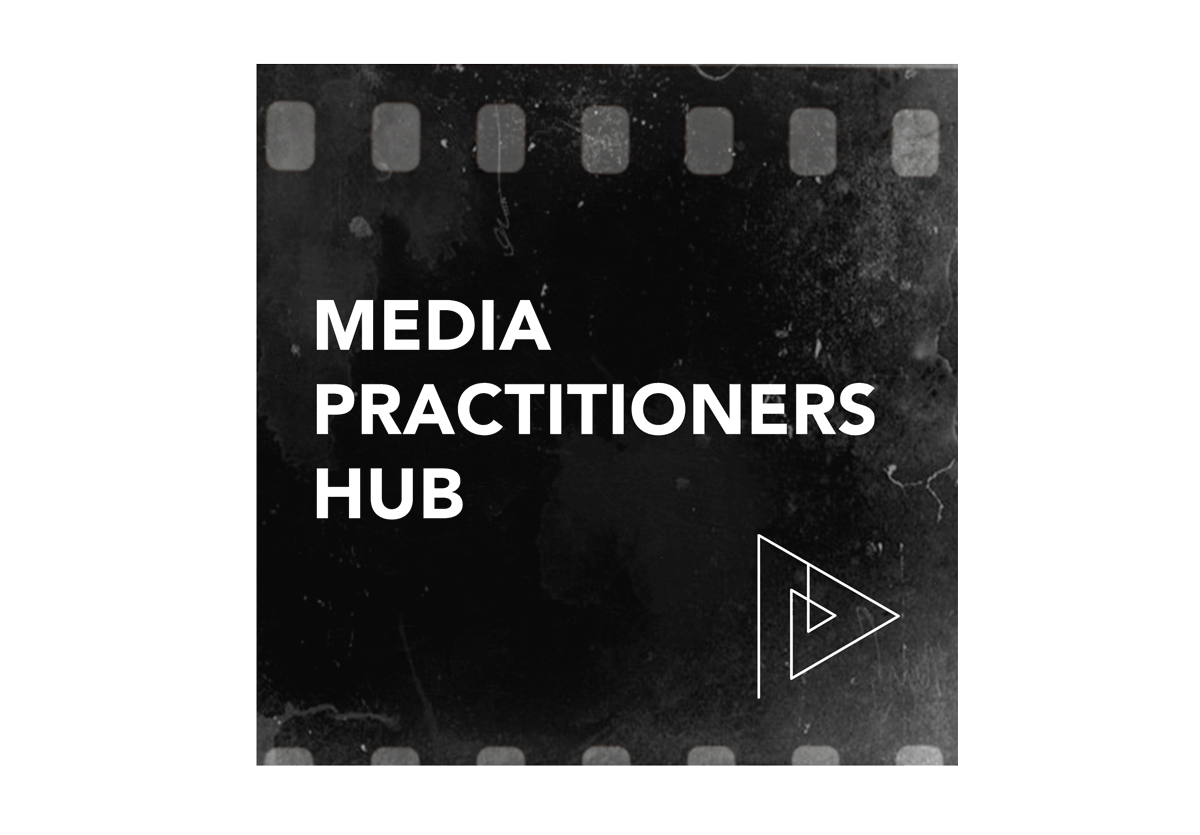(updated 28 Oct 2020)
(Please note that the information contained in these pages are provided – “as is”, – with no guarantees of completeness, accuracy, – or timeliness. SAMPP assumes no responsibility or liability for any errors or omissions.)
How do I resolve a major dispute?
The importance of having a written contract is not just to ensure a binding agreement on fees or the scope of work to be delivered, but just as importantly, the method of resolving any misunderstanding that may arise between freelancer and client on any of the agreed terms inside the contract.
If freelancer and client are unable to resolve this over a cup of coffee, then turn to the Dispute Resolution/Recourse clause in your contract. For sample contracts, refer to this page.
Primarily, there are three types of dispute resolution – Mediation, Arbitration and Litigation. Always resolve any dispute through negotiation or mediation first, with litigation as your last resort as it is costly and time-consuming.
Here is a short explanation of what the three dispute resolutions look like:
Mediation
This is a voluntary process which engages the assistance of a neutral third party called a mediator. The mediator will facilitate negotiations between freelancer and client with the sole intention of reaching a mutually acceptable agreement. Primarily, he or she will guide the unhappy communication towards an understanding of both parties’ needs and interests. Mediation focuses on the interests of both parties, giving both control over the outcome, unlike in a lawsuit where you will face a judge deciding on your case. Mediation can also preserve your working relationship between freelancer and client, especially when the contract is for a long term.
Arbitration
This is a procedure in which both parties of a contract agree to let one or more arbitrators -make a binding decision on the dispute. Arbitration is a much simpler version of a trial involving less complicated rules. The role of an arbitrator is similar to that of a judge, although the procedures are less formal e.g. the hearing can take place in a private, neutral venue. An arbitrator is usually an expert in his or her field of practice. However, do note that the final decision made by the arbitrator(s) is binding and there is limited scope for appeal after the decision is given.
Litigation
This refers to the enforcing of one’s rights through the courts. Legal proceedings start with your lawyer sending a letter of demand to the other party, requesting a certain action by a given period of time. If the other party does not respond, then you may commence court proceedings. The process of litigation is time-consuming and tedious, involving significant paperwork. It should be highlighted that since lawyers typically charge by the hour, a lengthy legal process will result in correspondingly hefty legal fees for you.
Other Useful Links
The Law Society of Singapore Pro Bono Services
Legal Clinics for needy individuals requiring basic legal advice. The calendar of such services, including day, location and timing, can be found at http://probono.lawsociety.org.sg/Pages/Volunteer-Schemes-Legal-Clinics.aspx
Singapore Mediation Centre
http://www.mediation.com.sg
Singapore International Arbitration Centre
http://www.siac.org.sg
The Law Society of Singapore Mediation & Arbitration Scheme
https://www.lawsociety.org.sg/our-community/alternative-dispute-resolution/ (scroll to the bottom)
